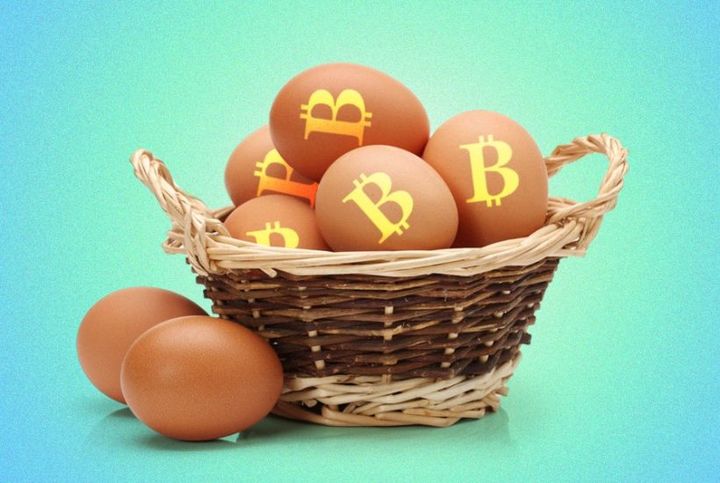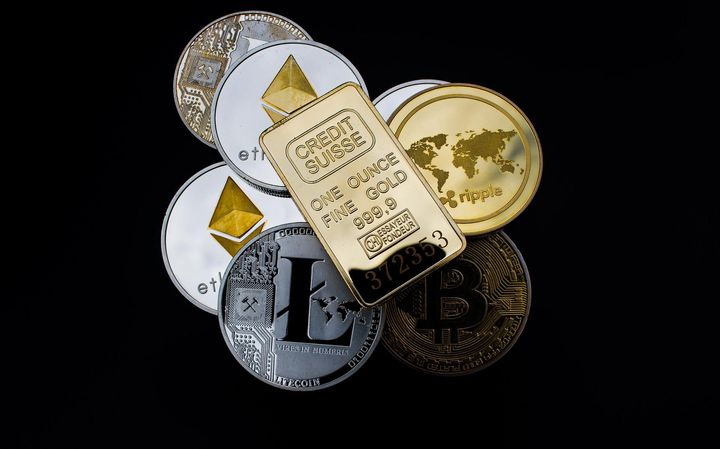Lessons from Celsius: Why Reading the Fine Print is Crucial in the Cryptocurrency Market

Celsius, a now-defunct cryptocurrency exchange, has faced a ruling by a bankruptcy judge stating that assets placed in the company's high interest "Earn Accounts" belong to Celsius, not the account holders.
This is due to an "unambiguous provision" in the company's terms of use which 99.86% of Earn Account holders agreed to. This means that the company has no immediate obligation to repay around 600,000 investors amid the exchange's ongoing bankruptcy proceedings, and the more than $4.2 billion frozen in Celsius accounts last June does not belong to the people who put it there, but rather to the company itself.
While spurned Earn Account investors may still potentially receive some form of compensation from Celsius, they will be last in line to do so. There is also the possibility that customers could sue the company and claim that the terms they signed violated securities laws, though this is not a guarantee of repayment.
This ruling highlights the risks associated with investing in insufficiently regulated cryptocurrency platforms. Celsius had drawn in customers with promises of high interest rates, which it had to make increasingly risky maneuvers to fulfill. The company faced solvency issues and filed for Chapter 11 bankruptcy in July 2022. The cryptocurrency market saw a loss of $2 trillion in value between November 2021 and summer 2022, and Celsius's own token plummeted by more than 79% in the six months leading up to July 2022. The exchange was also holding a large portion of its funds in its own, struggling coin. Multiple state regulatory bodies, including New York's Attorney General, have opened investigations into Celsius and its executives, with the company's CEO facing a lawsuit over allegations of misleading investors.
Self-custody refers to the practice of individuals or organizations holding and securing their own cryptocurrency assets, rather than entrusting them to a third-party exchange or custodian. This can be done through the use of a hardware wallet, software wallet, or paper wallet, all of which allow the owner to retain control over their private keys and have sole access to their assets.
The situation with Celsius highlights the importance of self-custody in the cryptocurrency world. By placing their assets in an exchange's "Earn Account," investors were relinquishing control over their funds and trusting the exchange to handle them responsibly. As it turns out, the fine print in Celsius's terms of use stated that all assets in the Earn Accounts belonged to the company, not the account holders. This means that, in the event of the exchange's bankruptcy, investors may not have legal remedies or rights to retrieve their funds.
Self-custody can help protect against such scenarios, as it allows individuals and organizations to retain control over their own assets and eliminates the need to rely on third parties. However, it is important to note that self-custody also comes with its own set of risks, such as the potential for loss or theft if private keys are not handled and stored securely. As such, it is important for individuals and organizations to carefully consider their own risk tolerance and choose a custody solution that best fits their needs.
In the wake of the Celsius ruling, some individuals may choose to allocate a portion of their net worth into gold and silver as a way to diversify their investment portfolio and protect against potential risks in the cryptocurrency market.
Gold and silver have historically been considered safe haven assets, as they tend to hold their value in times of economic uncertainty and can act as a hedge against inflation. While the prices of these metals may fluctuate over time, they have demonstrated a level of stability that can provide investors with a sense of security.
In contrast, the cryptocurrency market is highly volatile and subject to significant price swings. As seen with the situation at Celsius, there are also risks associated with entrusting one's assets to a third-party exchange or custodian. By allocating a portion of their net worth into gold and silver, investors may be able to mitigate these risks and potentially weather any potential storms in the crypto market.
Using an Individual Retirement Account (IRA) to invest in gold and silver can be a tax-advantaged way for individuals to diversify their retirement portfolio and potentially hedge against market volatility.
There are two main types of IRAs that allow for investments in gold and silver: traditional IRAs and self-directed IRAs.
Traditional IRAs allow individuals to make tax-deductible contributions to their account, with the invested funds growing tax-deferred until withdrawal at retirement age. Gold and silver can be held in a traditional IRA in the form of coins, bars, or ETFs that track the price of the metals.
Self-directed IRAs, on the other hand, offer a wider range of investment options beyond traditional stocks, bonds, and mutual funds, and allow individuals to hold physical gold and silver in their account. With a self-directed IRA, individuals have the flexibility to choose their own investments and have more control over their retirement portfolio. However, these types of IRAs may come with additional fees and require the use of a custodian to hold the assets.
Using an IRA to invest in gold and silver can offer several potential advantages, such as:
- Tax benefits: As mentioned, traditional IRAs offer tax-deductible contributions and tax-deferred growth, while self-directed IRAs offer tax-deferred growth on investments.
- Diversification: Adding gold and silver to an IRA can help diversify a retirement portfolio and potentially provide a hedge against market volatility.
- Potential for long-term growth: While the prices of gold and silver may fluctuate in the short-term, they have historically demonstrated the potential for long-term growth.
- Physical possession: With a self-directed IRA, individuals have the option to hold physical gold and silver in their account rather than paper assets.
It is important to note that investing in gold and silver carries its own set of risks and may not be suitable for all investors. It is always advisable for individuals to carefully consider their own financial goals and risk tolerance before making any investment decisions, and to consult with a financial advisor or tax professional for guidance.
Disclosure: We may earn money from any company, product or service reviewed or recommended on this website. The content on this website, including any positive reviews of any company, product or service may not be neutral or independent. We only recommend companies, products or services that we at VerticalInvestor.com have used or have had an established relationship for years. Our content does not constitute financial advice. Speak to your financial advisor. Learn more


